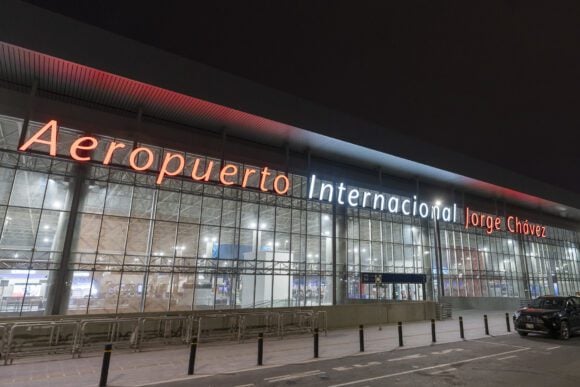
With Brazil’s comprehensive tax reform moving closer to full implementation, the CEO of LATAM Brasil, Jerome Cadier, issued a stark warning about its potential impact on the aviation industry. Cadier projects that the new tax structure could lead to an increase in airfares of up to 25%, a cost that would be passed directly to consumers and could hinder the sector’s growth.
The alert from LATAM’s top executive in Brazil centers on the country’s historic tax reform, which consolidates multiple consumption taxes into a dual Value-Added Tax (IVA) system. This new structure, composed of the federal Contribuição sobre Bens e Serviços (CBS) [Contribution over Goods and Services] and the state/municipal Imposto sobre Bens e Serviços (IBS) [Tax over Goods and Services], aims to simplify Brazil’s notoriously complex tax code. However, it also proposes a standard rate for most sectors, eliminating specific benefits currently enjoyed by the airline industry.
Jerome Cadier argued that applying a standard VAT rate, estimated to be around 27%, to aviation would represent a “brutal tax increase.” He stressed that such a move contradicts the goal of making air travel more accessible to the Brazilian population. “We cannot talk about the universalization of air transport, of having more Brazilians flying, with an increase of this magnitude,” Cadier stated during a recent media address. He emphasized that aviation should be treated as an essential service that drives economic activity, not a luxury item subject to high taxation.
The airline industry is advocating for a differentiated, lower tax rate within the new system. They argue that a reduced rate is critical to maintain the sector’s competitiveness, continue its recovery, and support the broader tourism economy, which depends on accessible air travel. The final rates and specific sectoral rules are still under debate in Brazil’s National Congress as part of the complementary laws that will regulate the reform.
The situation in neighboring countries provides valuable context. Argentina, for example, is known for one of the heaviest tax burdens in the region. Ticket prices there include multiple levies, such as the PAIS tax and other withholdings, which can substantially increase the final cost for passengers, particularly for international flights.
This stands in contrast to Chile, often cited as a more favorable market due to its policy of not applying VAT to international tickets and maintaining a more streamlined set of airport and security fees, contributing to its status as a competitive hub.
Meanwhile, Colombia‘s recent history illustrates the direct impact of tax policy on fares. The country applies a VAT to air tickets, but this rate has fluctuated. The government temporarily reduced it to 5% to stimulate post-pandemic travel before it returned to the standard 19% rate, providing a clear example of how tax decisions can either foster or dampen demand in the aviation sector.
The core of the debate in Brazil is whether air travel will be classified alongside essential services and goods, which are slated to receive tax benefits, or if it will be treated as a general service. If the standard rate is applied without exceptions, the cost structure for airlines operating within Brazil would change fundamentally.
This would not only affect domestic flights but also potentially alter the cost dynamics of international travel originating in the country. The final outcome rests with Brazilian legislators, who must now balance the goals of tax simplification with the potential economic consequences for key sectors like aviation.
Views: 151


